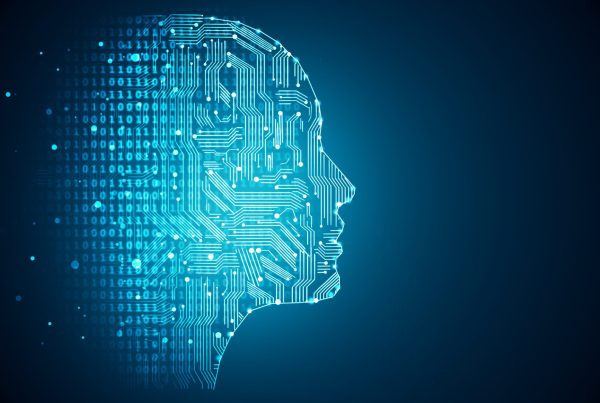Artificial intelligence (AI) has become a transformational force reshaping the marketing landscape globally. From retail to service industries, AI is enabling businesses to deliver hyper-personalised experiences, redefine customer engagement, and drive measurable results. For business owners, especially those in marketing and retail, and the implications of these advancements are significant.
Here are the top five trends in AI-powered marketing, complete with real-world examples and actionable insights going into the new year.
1. Hyper-Personalisation: Making Every Customer Feel Valued
AI allows brands to move beyond one-size-fits-all strategies, delivering personalised content and recommendations at scale. By analysing data points such as browsing history, purchase behaviour, and even social media activity, AI enables brands to craft experiences tailored to individual preferences.
Amazon is a notable example. Amazon’s recommendation engine is a textbook example of hyper-personalisation. By suggesting products based on user activity, Amazon increases basket sizes and fosters loyalty. Retailers can replicate this strategy by investing in AI tools that analyse customer data to offer bespoke product suggestions.
Takeaway
Integrating AI-driven personalisation into e-commerce platforms or loyalty programmes can boost conversion rates and improve retention.
2. AI-Driven Chatbots: The Next Level of Customer Support
Gone are the days of chatbots answering only simple FAQs. Modern AI chatbots, powered by natural language processing (NLP), can engage in meaningful conversations, resolve complex queries, and even upsell products.
For example, H&M employs AI-powered chatbots to assist customers in finding the right outfits based on preferences, occasion, and size. The bot’s intuitive responses and quick suggestions mimic the experience of speaking to a knowledgeable sales associate.
Takeaway
Chatbots reduce response times and improve customer satisfaction. Businesses should look to integrate them into their website or social channels for 24/7 support and seamless interaction.
3. Predictive Analytics: Anticipating Customer Needs
AI can sift through vast datasets to predict customer behaviours, enabling businesses to anticipate trends, personalise campaigns, and prepare for demand spikes. Predictive analytics transforms reactive marketing into proactive strategies.
Another example we can share here is Sephora using predictive analytics to suggest replenishments for previously purchased products and recommend new items based on past behaviour. This strategy ensures customers are always engaged and encourages repeat purchases.
Takeaway
Businesses can invest in tools that provide actionable insights about your customers’ next likely moves. This ensures you stay ahead of their needs, fostering loyalty and increasing sales.
4. Content Creation at Scale: Efficiency Meets Creativity
Generative AI, such as ChatGPT and Gemini, are empowering marketers to create high-quality content rapidly. Whether it is product descriptions, ad copy, or blog posts, AI ensures consistency and relevance, allowing teams to focus on strategic efforts.
Retail brands like ASOS leverage AI to do this by automating product descriptions for thousands of items, maintaining consistency while saving time.
Takeaway
Adopt AI-driven content tools to maintain a steady stream of engaging material, especially during seasonal peaks.
5. Visual and Voice Search Optimisation: Capturing Emerging Behaviours
Consumers increasingly use visual and voice search tools to find products. AI enables businesses to optimise their content for these platforms, ensuring they remain accessible and visible.
Our last example would be IKEA. They use visual search technology to help customers find furniture by uploading photos. Similarly, brands like Walmart optimise for voice search by adapting SEO strategies to conversational queries.
Takeaway
Audit your website for voice and visual search compatibility. Use long-tail keywords and conversational phrases in metadata to capture more search traffic.
The implications for customer behaviour are vast. AI’s influence is driving a shift in customer expectations. Shoppers now demand convenience, relevance, and instant gratification. For businesses, this means customer-centricity is no longer optional—it is essential.
AI-powered marketing is not about replacing human creativity but amplifying it. For marketing and retail businesses, adopting these technologies means staying competitive in a rapidly evolving marketplace. Start small—integrate chatbots, optimise for voice search, or explore predictive analytics. The ROI is not just monetary; it is customer loyalty and brand differentiation.
As the future unfolds, AI will not just change how we market; it will redefine how we connect with customers. The time to embrace this change is now. Start small. But not doing anything at all, can be devastating.


